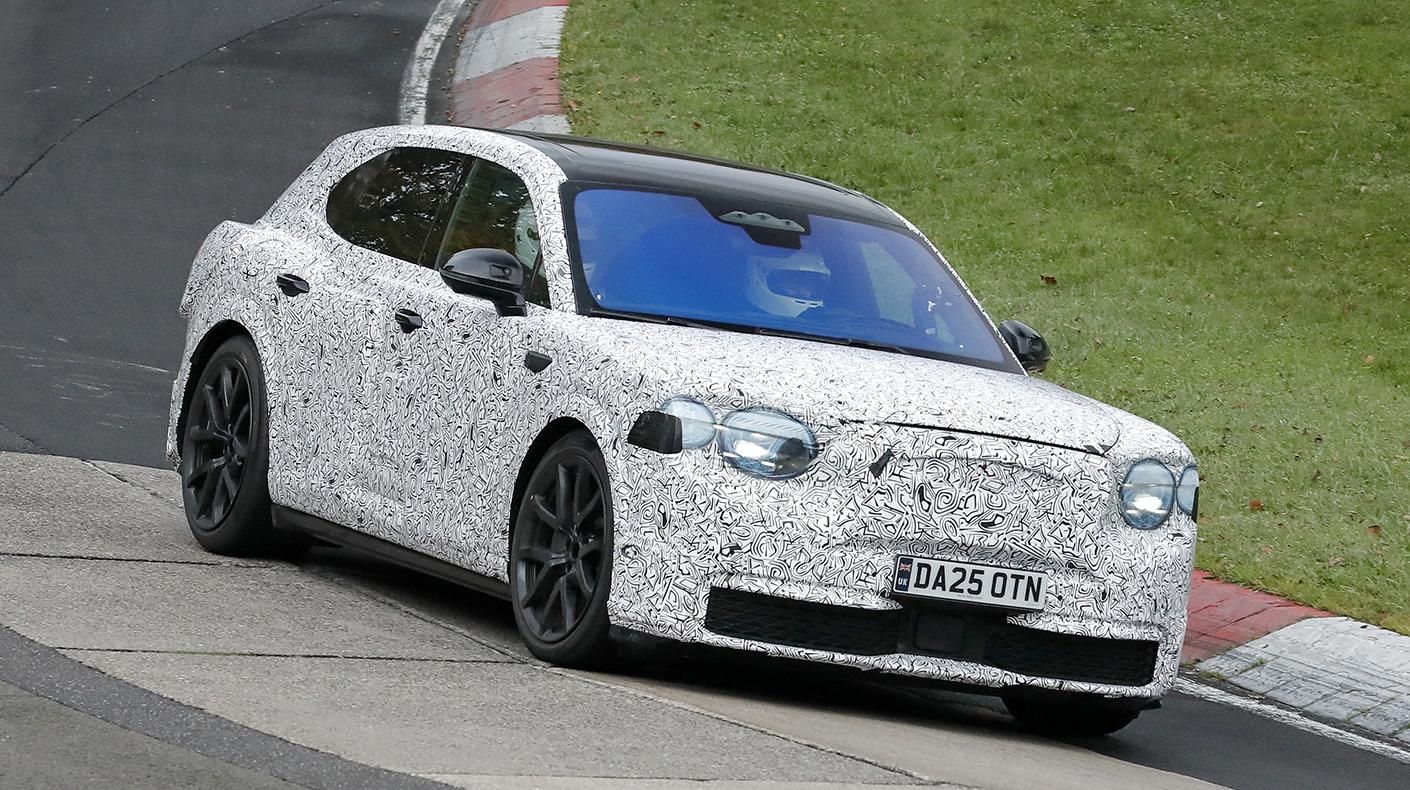
NASCAR is making strides to make its brand of motorsport more environmentally responsible. SEMA-member companies are also developing innovative products and solutions to lessen environmental impact.
Environmentally friendly products are not just for the “green” crowd anymore. Products and services designed to decrease their impact on the environment are making their way into every market. SEMA Show exhibitors displayed their ability to lead the way with product innovations coupled with social responsibility.
Product manufacturers, installation shops and event venues are searching for ways to innovate their products and services to incorporate a “green” agenda, sometimes in areas that might otherwise be overlooked.
After switching to unleaded fuels a little over two years ago—a move critics thought was late—the NASCAR series is now embarking on an aggressive program to clean its operations and image. The American Le Mans Series (AMLS), Formula 1, National Electric Drag Racing Association (NEDRA) and other sanctioning bodies have made efforts to educate people on alternative vehicle technologies; ALMS with use of cellulosic ethanol, F1 instating hybrid Kinetic Energy Recovery Systems (KERS) and EDRA for being an entirely electric racing series.
Now, the spotlight is being shifted to operating and business processes to address solutions that are unrelated to the vehicles themselves. Brian France, NASCAR chairman and CEO, spoke to reporters on the Sprint Media Tour about their new approach.
“I want to tell you something today that is ever increasingly important to the industry of NASCAR, and that's our comprehensive approach to making this sport greener and environmentally smarter," said France.
NASCAR has appointed a chief director to develop environmentally friendly green practices at facilities for all teams, drivers, venues and NASCAR departments.
One such change has been the progressive move towards LEED certification—a rare and highly acclaimed award given for sustainable construction, energy conservation and innovation. The association’s newest buildings—NASCAR Plaza and Daytona Speedplex—will be designed around these principles.
Vehicle manufacturers have proposed new techniques for introducing new materials into the construction and manufacture of products. Ford’s interior engineers have developed a renewable soy-based polyurethane seat foam and fabric derived from recycled materials. Both products have been introduced in the Ford Mustang and Escape.
Likewise, Toyota has developed bio-plastics made from plant-derived sources. Its Raum model (Japanese market only) received recognition for being the first vehicle assembled with interior equipment composed of 100% plant-based plastics. Beginning in 2009, Toyota hopes to incorporate this process into 60% of vehicle interior components on select models.
These factors—vehicle technology and business operations—are becoming mainstream considerations. Since the beginning of January, SEMA has collected feedback from thousands of enthusiasts. Responses to one particular topic are especially notable. More than 500 enthusiasts submitted unprompted suggestions to the following question: What should manufacturers of performance parts and accessories focus on in 2009?
More than one quarter (28.1%) of responses mentioned at least one of the following topics/keywords: fuel efficiency, green, alternative fuels and emissions. Additional suggestions will follow in future articles as we code responses by keywords.
Not to be mistaken, price, performance, style and quality were also mentioned frequently. However, these are expected values and established characteristics favored by enthusiasts. New topics are beginning to creep into the equation and could indicate a shift in values or expectations.
SEMA Show exhibitors displayed innovative products and solutions to environmental concerns for both consumers and members of the trade. For example, J&S Products introduced the Speed-E-Pan oil change system. The pan is an all-in-one container for changing, storing and transporting used motor oil. By using a recyclable cardboard base and an oil-resistant two-ply plastic lining, the entire container and oil can be taken to a recyclable auto center, reducing waste and spillage.

Other products were also designed to reduce the impact of garage work by reducing the level of hazardous chemicals in products. Tork, for example, displayed an eco-friendly line of wet wipes for hands and surfaces.

3M brought a simple solution to wheel maintenance and environmental concerns for toxic metals. Their Wheel Weight System addressed individual lead weights as a balancing media by introducing an alternative composite material stored in a continuous roll. Rather than applying a series of clip-on pre-cut lead blocks, 3M has created a flexible lead-free material that can be cut to any desired size and applied with adhesive. Starting in late 2009, lead will be prohibited as a balance media in some areas. Installers, wheel rebuilders and retailers need to be aware of this legislation and its possible solutions.

Car care products from multiple companies highlighted the opportunities to turn vehicle cleaning into an environmentally friendly activity for both hobbyists and retailers. Eco Touch claims to have created a metal and chrome polish made from plant-derived ingredients free of contaminants and a waterless car wash that reduces water use and run-off. Car Planet brought a range of organic cleaning solutions to touch up tires, glass and everything in between without employing abrasive chemicals.

For more original SEMA market research, visit www.sema.org/research.





